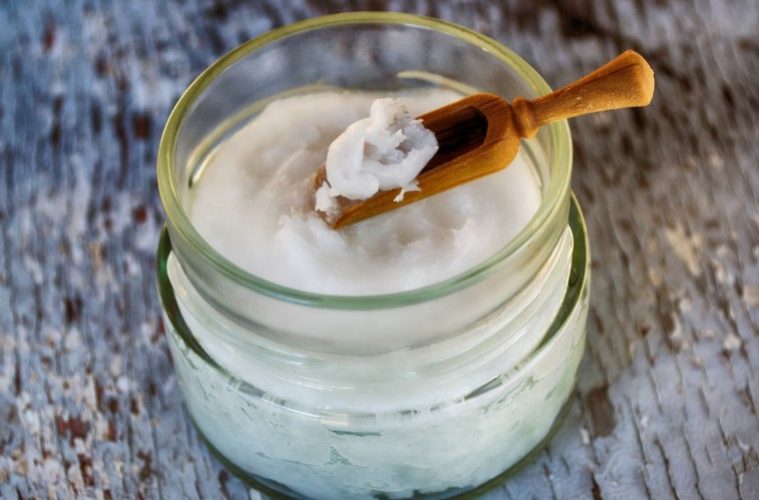The use of coconut oil in cooking has sparked debate; dietary advice has stated that because the oil is rich in saturated fats, we should not be including it in our cooking. However, recent studies have identified that not all saturated fats are the same, while some quite obviously link to an increased risk of heart disease, others could have health benefits that say otherwise.
The Health Benefits
Previously, saturated fats were all dumped into one category that said, ‘bad for you’ but that is now under scrutiny. Coconut oil is rich in lauric acid, which although is a fatty saturated acid, it does increase the healthy type of cholesterol you want to be high; HDL. Not only that, but the oil is also efficient in providing energy for the body by containing medium-chain triglycerides.
The Health Cons
Coconut oil is dense in calories with most teaspoons of oil containing approximately 120 calories. So if you’re wanting to lose weight, coconut oil is a food to avoid adding to your cooking. While it’s good to include natural fats in your diet for good health, you’re better off getting it from an actual whole coconut as opposed to its extracted oils. Coconut is still high in calories, so limit the amount you eat.
Cooking
When heated, the beneficial fats in some oils are destroyed because the polyunsaturated fats are too fragile. However, coconut oil can withstand higher temperatures making it perfect for cooking. Not only does it give food a delicious taste, but a wonderful texture. For the best results, use organic extra-virgin coconut oil.
A healthier option is coconut butter which you can find at most health food stores and in the baking sections of supermarkets. It’s made from the whole coconut making it less fatty and can be used as a substitute in your cooking or even for butter on your toast!

